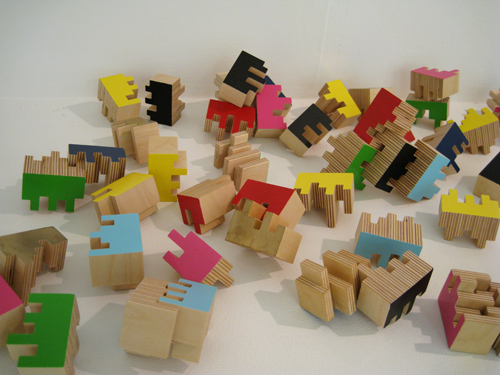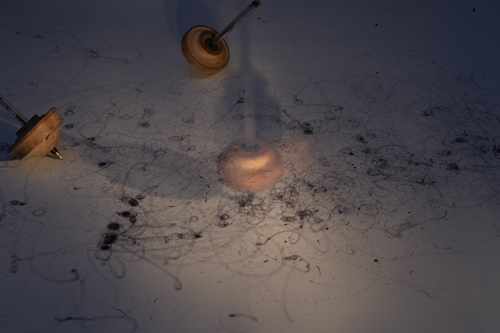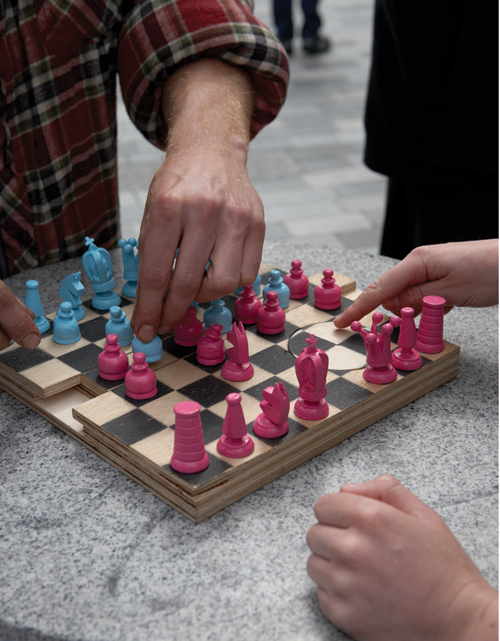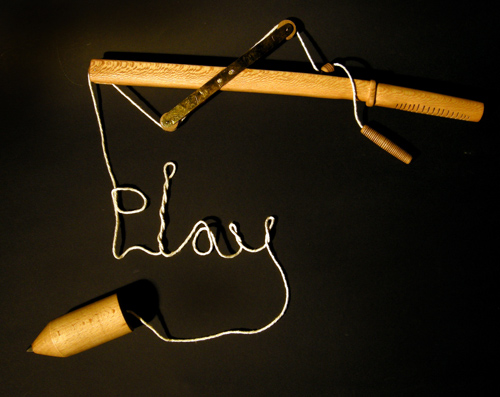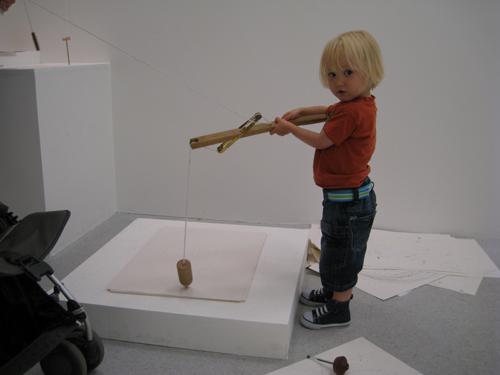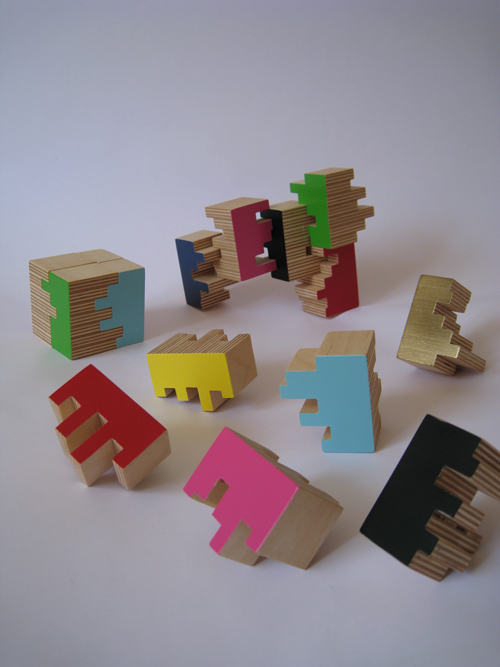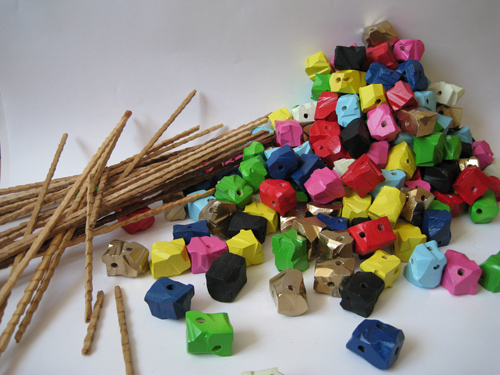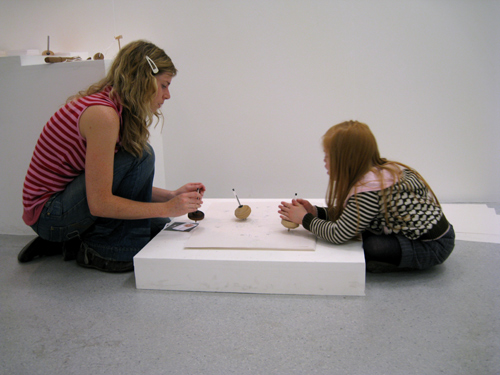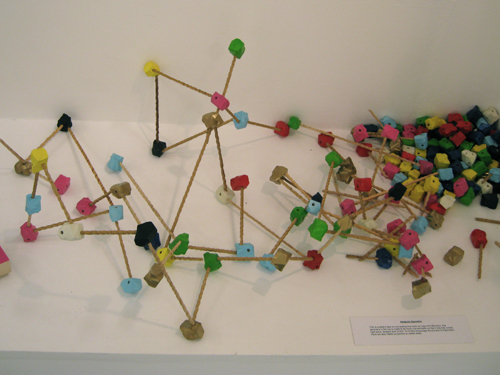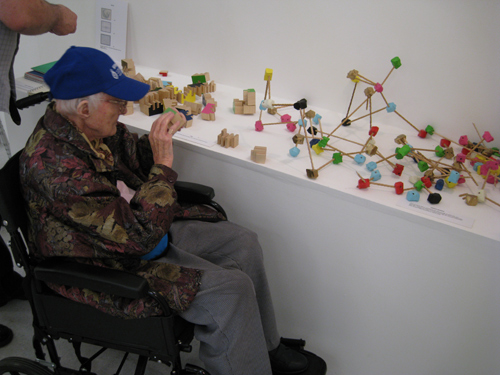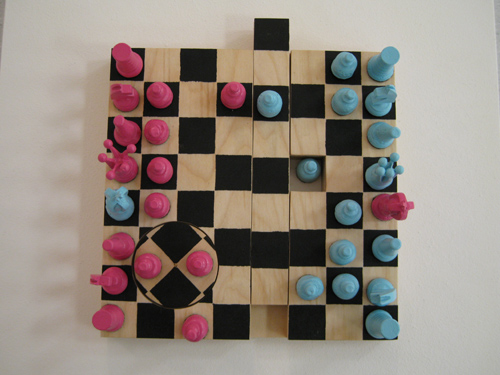A serious talk about the importance of being playful – Thomas Forsyth
Find out how being playful can help you develop creative products, companies and relationships whoever you are online, or offline.
Come along and explore your inner child (sensibly) and go away with fresh creative ideas for building products, business and creative strategies. Google’s success is built around a sense of play… so yours could be too.
As we develop into adulthood, the type of play in which we partake commonly becomes increasingly structured or rule-based. I am challenging preconceptions towards rules within play, and attempting to create the opportunity to indulge in the process of touch and exploration in a way that adults are rarely encouraged.
Tom is essentially creating an excuse to interact with objects in the way that children do. Tom has explored a number of different approaches:
- Strategies that allow things / events to be discovered through interaction, rather than defining them in advance.
- Using the perception of a game as a temporary ‘low-risk’ environment, in which it is acceptable to interact with the aesthetic/tactile qualities of objects.
- Use of emergent properties, such as mark, structure or surprise, as a means of engaging people with the objects.
Toms work explores the gap between spontaneous/creative and rule-bound forms of play. The concluding objects strive to make a personal adventure of ideas and concept accessible to all.
It’s never too late to have a happy childhood” — Tom Robbins
About Thomas
Thomas Forsyth is a designer and artist based in Brighton. He is currently graduating from Brighton University where he studied a BA(Hons) in Wood, Metal, Ceramics and Plastics. Always having taken a great interest in the way people perceive and interact with objects, his recent work explores and challenges rules within play.
Some of Thomas’ work
Show & Tell
Following the talk there will be an opportunity to show and tell something that you’ve been working on.
You don’t have to have a polished presentation or anything just spend 5-10 minutes telling the group about something you’re working/have worked on.
